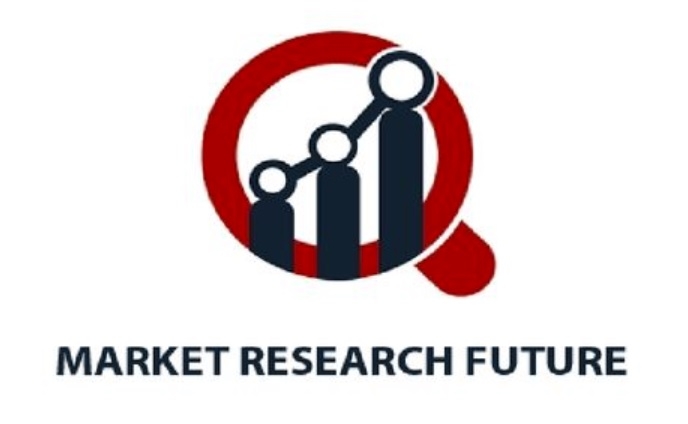The US Cancer Registry Software Market analysis highlights the rapid adoption of digital solutions to manage and track cancer data across hospitals, research institutions, and public health organizations. The software enables comprehensive collection, management, and reporting of patient information, including demographics, cancer types, treatments, and outcomes. Increased government initiatives to enhance cancer registries, along with rising awareness regarding cancer surveillance and prevention, are driving market adoption in the United States. Hospitals and research facilities are integrating advanced registry solutions to improve data accuracy, enhance patient care, and support epidemiological studies. Moreover, the market is witnessing significant technological advancement, including cloud-based platforms, AI-assisted analytics, and electronic health record (EHR) integration, which allows real-time data sharing and better reporting efficiency.
Market analysis also highlights how healthcare institutions are leveraging cancer registry software for strategic decision-making and research purposes. By maintaining comprehensive datasets, organizations can identify trends in cancer prevalence, optimize resource allocation, and evaluate the effectiveness of treatment protocols. The software supports regulatory compliance and reporting standards mandated by organizations like the CDC and NCI, enabling standardized data collection and submission. Increasing collaboration between software providers, hospitals, and public health organizations further strengthens the market by fostering innovation, enhancing interoperability, and expanding software capabilities. Overall, the analysis underscores that technological innovation, regulatory alignment, and rising healthcare data management needs are central to the growth of the US cancer registry software market.

